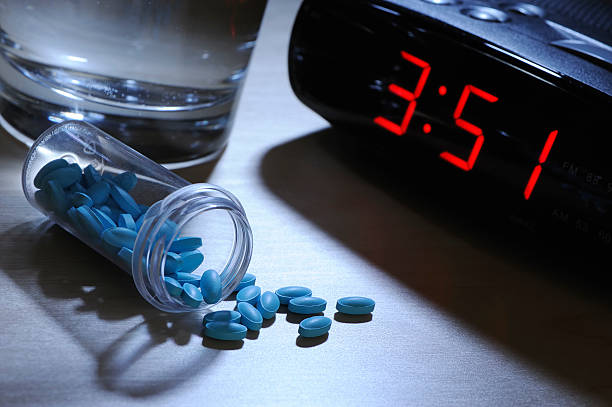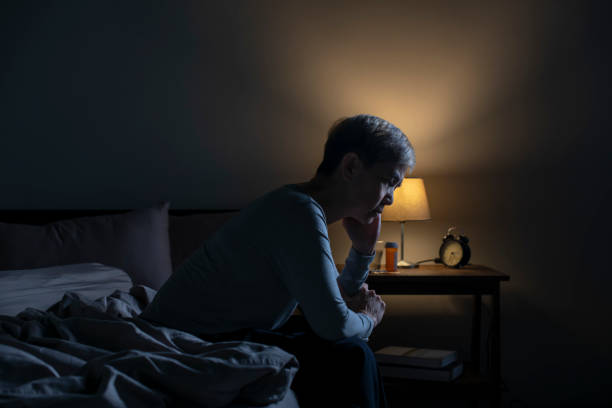If you’re trying to get sleep, sleeping pills can be a good option. But you need to use them safely and correctly.
Using them incorrectly can cause side effects, including excessive daytime drowsiness. And they can interact with other drugs you take, such as antidepressants or antibiotics.
Dosage
The right dosage is a must if you want to get the best sleep of your life. You should also be aware of the other factors that influence your slumber, such as a healthy diet and exercise. Taking too much of any one medication can cause a variety of side effects, including a nasty case of rebound insomnia. The good news is that a little forethought can help you avoid the pitfalls, Check this site out.

The best time to take a sleeping pill is right before bedtime, which is usually after a full night’s sleep. For the most part, you won’t need to take more than one a night if you follow the guidelines mentioned above. The best way to determine what dose is right for you is to try it out. The results may surprise you.
Side effects
Many people take sleeping pills to help them fall asleep. However, they can be dangerous and have serious side effects if taken for long periods of time.
Sleeping pills are categorized as sedative-hypnotics, also known as “tranquilizers.” Doctors prescribe these medications for insomnia and other sleep disorders.
But they can also be habit-forming, and some people become addicted to them, even after they’ve stopped taking them. In addition, they can cause other problems if used for long periods of time, including severe depression.

To avoid these effects, only use sleeping pills when you know you’ll have enough time for a full night’s sleep and don’t take more than the recommended dose. Don’t combine them with alcohol, which can increase their sedative effect and make them more dangerous.
Sleeping pills can also have a negative effect on people’s memory and concentration. This can make them more likely to engage in dangerous activities, such as driving under the influence of a drug. It can also increase their risk of falls and injuries.
Interactions
Sleeping pills can be hazardous to your health, especially if you are taking a large dose. For example, combining sleeping pills with a prescription opioid such as oxycodone or hydrocodone can increase the sedative effect and cause an accidental overdose. Other medications that should not be consumed before bed include alcohol, caffeine, tetracycline (a antibiotic), and antihistamines such as Benadryl.
The most effective and safest way to get the most out of your meds is to follow your doctor’s recommendations closely. Also, don’t be afraid to speak up if you have a drug related issue. If your doctor is unable to help, there are plenty of community resources available to assist with your needs. The best part about these services is that they are free and confidential.
Overdose
When someone takes a lot of sleeping pills or mixes them with alcohol, they could end up experiencing an overdose. This type of overdose can cause serious complications and death if it is not treated right away.
Overdose on sleeping pills is a common problem and is often the result of overuse. Many people become addicted to these drugs and need treatment to stop using them.
Despite the fact that these medications are less likely to cause death than those used in the past, overdoses can still happen. How high a dosage is needed to be fatal depends on the drug and the individual.
Conclusion:
Most people do not overdose on sleeping pills, but there are some who do. These people are usually the ones who abuse sleeping pills or mix them with other drugs or alcohol.

